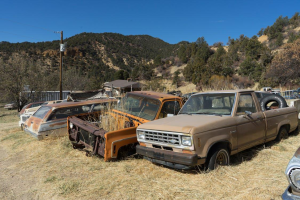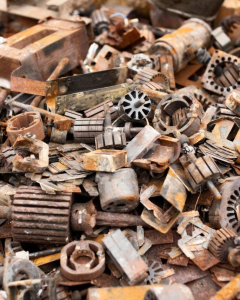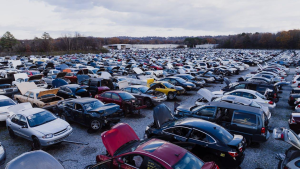
When a car reaches the end of its life, it often ends up in a junkyard. But what exactly happens to these rotting vehicles once they arrive? Understanding the process can help car owners appreciate the value of their old cars and the importance of recycling materials. Let’s delve into the lifecycle of a junk car and what goes on behind the scenes.
1. Assessment and Triage
Upon arrival at a junkyard, rotting vehicles are assessed by professionals who determine their condition. This evaluation helps decide which parts can be salvaged, refurbished, or recycled. Cars that are beyond repair may be stripped for valuable components, while those in slightly better shape could be sold as-is for parts or scrap.
Many junkyards, including those providing junk car services, focus on extracting reusable parts. Commonly salvaged items include engines, transmissions, tires, and electronics. The demand for these parts makes it worthwhile for junkyards to thoroughly assess each vehicle.
2. Draining Fluids
One of the first steps in processing rotting vehicles is the removal of hazardous fluids. This includes oil, coolant, brake fluid, and fuel, which can be harmful to the environment. Proper disposal of these substances is crucial to prevent contamination of soil and water sources.
By ensuring that fluids are removed and disposed of correctly, junkyards demonstrate their commitment to environmental responsibility. This is a critical step before any further dismantling or recycling takes place.
3. Dismantling for Parts
After draining hazardous fluids, the next stage is dismantling. This process involves removing reusable parts, such as:
- Engines: Many junkyards specialize in the sale of engines, providing options for those looking to buy scrap car engine in Memphis.
- Transmissions: If the transmission is still functioning, it can be refurbished or sold, allowing owners to sell car transmissions in Memphisfor cash.
- Tires and Batteries: These components are often recycled or resold, further reducing waste.
Junkyards often maintain an inventory of parts for resale, catering to DIY mechanics and repair shops.

4. Recycling the Shell
Once valuable components are removed, the remaining shell of the vehicle is crushed and recycled. This metal can be melted down and repurposed for various manufacturing processes. The recycling of metals from rotting vehicles not only conserves resources but also reduces the carbon footprint associated with producing new materials.
The steel and aluminum extracted from junk cars are particularly valuable, as they can be reused to create new products, further emphasizing the importance of recycling.
5. Sustainable Practices
Junkyards play a significant role in promoting sustainability. By recycling parts and materials, they contribute to the circular economy and reduce landfill waste. This practice aligns with a growing awareness of environmental conservation and the need for sustainable resource management.
Ready to Turn Your Junk Car into Cash?
If you have a rotting vehicle taking up space, it’s time to act! Chips4Whips offers reliable junk car services in Frayser, North Memphis, and Raleigh, TN. We make it easy to sell scrap cars and provide cash for junk cars.
Whether you want to sell scrap engines or scrap transmissions, we have you covered. Contact us today to get your old car off your hands and earn cash in return!








